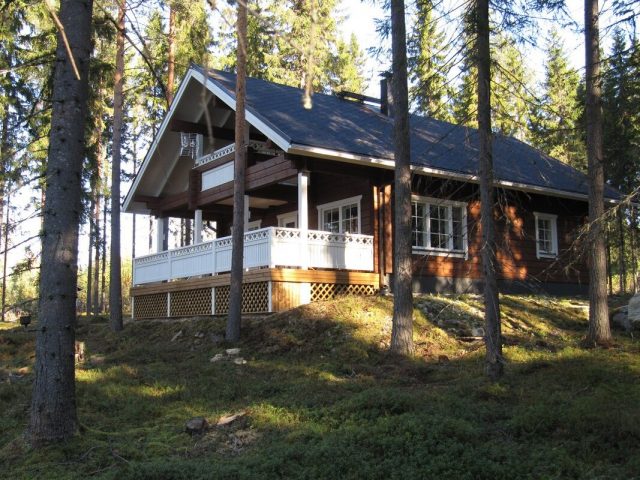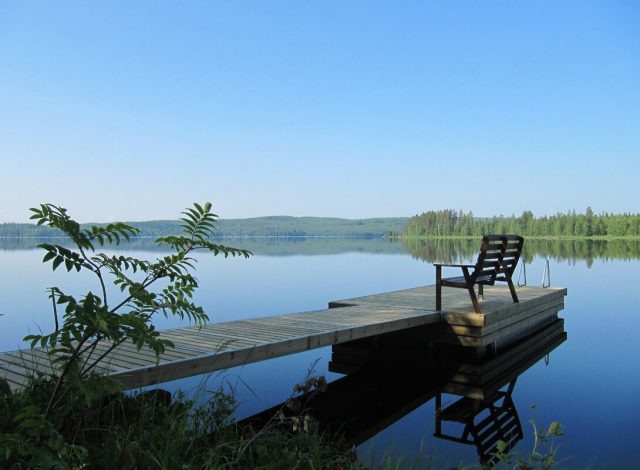Research: The impact of sustainability communication on tourists’ willingness to pay for a cottage holiday
The goal of this research was to examine how communicating different sustainability dimensions affects German tourists’ willingness to pay for a Finnish holiday cottage. Sustainable tourism is traditionally divided into three dimensions: environmental, socio-cultural and economic.

Photo: Author
This research also was aiming to find out whether socio-demographic factors have an impact on the formation of willingness to pay. The research was conducted as a quantitative study, and it employs a contingent valuation method to examine German tourists’ willingness to pay for each sustainability dimension.
An online questionnaire was distributed through five different German social media outlets and influencers, whose focus is on traveling to Finland. The data collection took place in June 2022 and resulted in 279 responses, out of which 241 were valid for data analysis.
The respondents were shown four versions of the same cottage, which, by the way, was based on a real-life cottage product. One version was a so-called baseline cottage presenting the basic attributes and the price per night. Each of the three other cottages were representing one dimension of sustainable tourism through their attributes. The environmental cottage featured renewable electricity, thorough recycling opportunities and energy efficient technologies, whereas the socio-culturally sustainable cottage feature local design and traditional activities, and the economically sustainable cottage was emphasizing fair salaries and local sourcing of materials, just to name a few. The respondents were asked to state their willingness to pay for each of the three options. The respondents were also asked about their experiences on traveling to Finland as well as their socio-demographic characteristics.

Photo: Author
The results show that environmental sustainability is the only sustainability dimension that has a statistically significant effect on the tourists’ willingness to pay. On average, the respondents were willing to pay 15,1% more for an environmentally sustainable cottage accommodation option compared to a regular option. Employment status was the only socio-demographic factor to have a significant effect on the tourists’ willingness to pay.
The main conclusion is that there are differences in how tourists value different sustainability causes. The results suggest that investing in and actively communicating about environmental sustainability would be a successful business strategy for Finnish cottage businesses targeting German tourists. Future research is still needed to uncover the reasons why environmental sustainability is preferred over other sustainability causes.
Text: Markus Rantsi